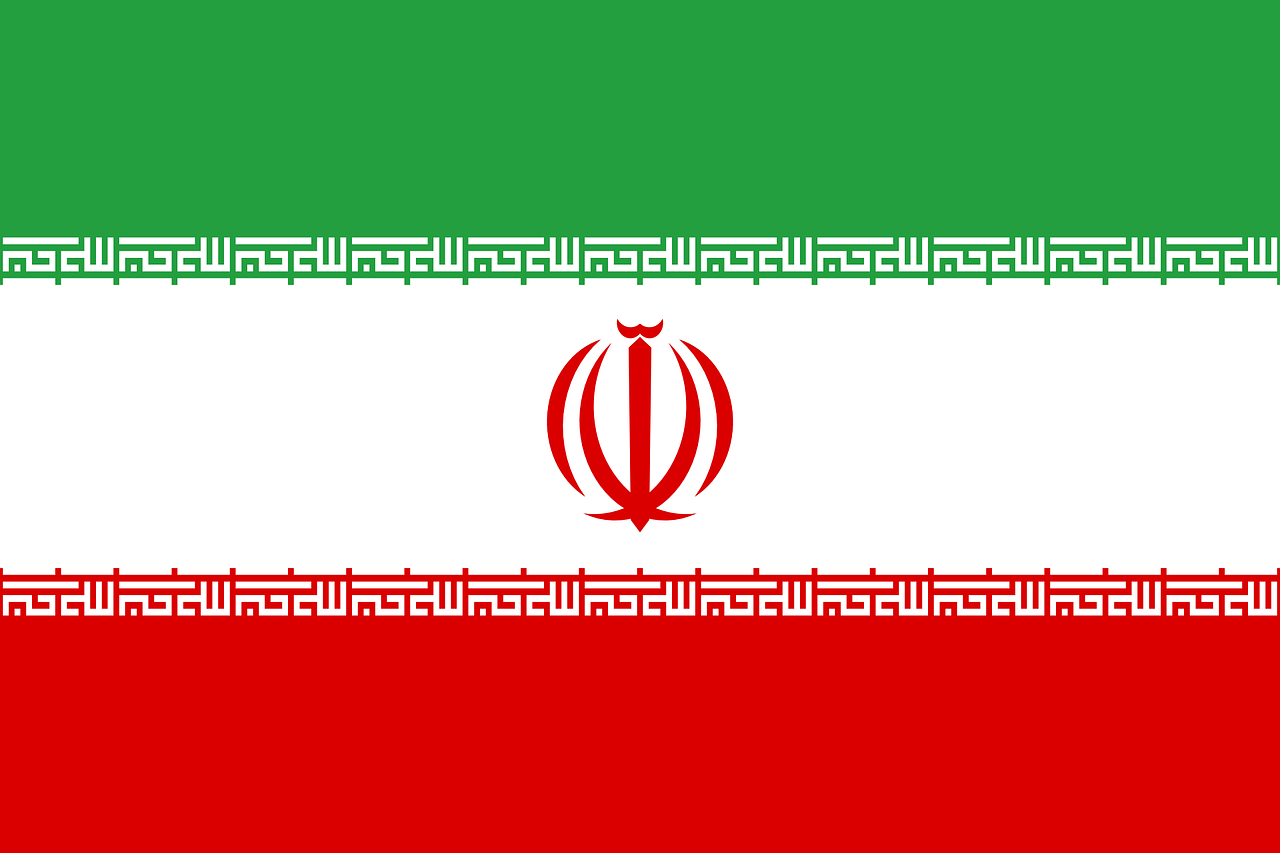
403
Sorry!!
Error! We're sorry, but the page you were looking for doesn't exist.
Iran's Ayatollah Khamenei pardons over 22,000 people arrested during protests
(MENAFN) Iran's supreme leader Ayatollah Ali Khamenei has granted amnesty to a total of 82,656 Iranian prisoners and individuals facing charges, including 22,628 people who were arrested during the demonstrations following the death of Mahsa Amini in police custody last year. The announcement was made by Judiciary head Gholamhossein Mohseni Ejei in a statement reported by Iranian state media. Ejei stated that those receiving pardons were not accused of theft, violent crime, spying, or membership of certain groups.
The mass amnesty, which marks the 44th anniversary of the 1979 Islamic Revolution, was initially announced last month when the Ayatollah agreed to pardon "tens of thousands" of prisoners. This could include any participants in the recent unrest who were not accused of espionage, involvement with foreign intelligence agents, damaging state property, or causing injury or death during the riots. The announcement comes a week before the Persian new year celebration of Nowruz and the start of the Muslim holy month of Ramadan.
The decision to grant amnesty to a large number of prisoners is seen as an attempt by the Iranian government to ease tensions in the country and promote unity, especially in light of the recent protests that have taken place across the country. This gesture is also intended to help improve Iran's international standing and reduce pressure on the country from the international community. The pardoning of prisoners is a traditional practice in Iran, usually occurring during significant religious or national events.
The mass amnesty, which marks the 44th anniversary of the 1979 Islamic Revolution, was initially announced last month when the Ayatollah agreed to pardon "tens of thousands" of prisoners. This could include any participants in the recent unrest who were not accused of espionage, involvement with foreign intelligence agents, damaging state property, or causing injury or death during the riots. The announcement comes a week before the Persian new year celebration of Nowruz and the start of the Muslim holy month of Ramadan.
The decision to grant amnesty to a large number of prisoners is seen as an attempt by the Iranian government to ease tensions in the country and promote unity, especially in light of the recent protests that have taken place across the country. This gesture is also intended to help improve Iran's international standing and reduce pressure on the country from the international community. The pardoning of prisoners is a traditional practice in Iran, usually occurring during significant religious or national events.

Legal Disclaimer:
MENAFN provides the
information “as is” without warranty of any kind. We do not accept
any responsibility or liability for the accuracy, content, images,
videos, licenses, completeness, legality, or reliability of the information
contained in this article. If you have any complaints or copyright
issues related to this article, kindly contact the provider above.


















Comments
No comment